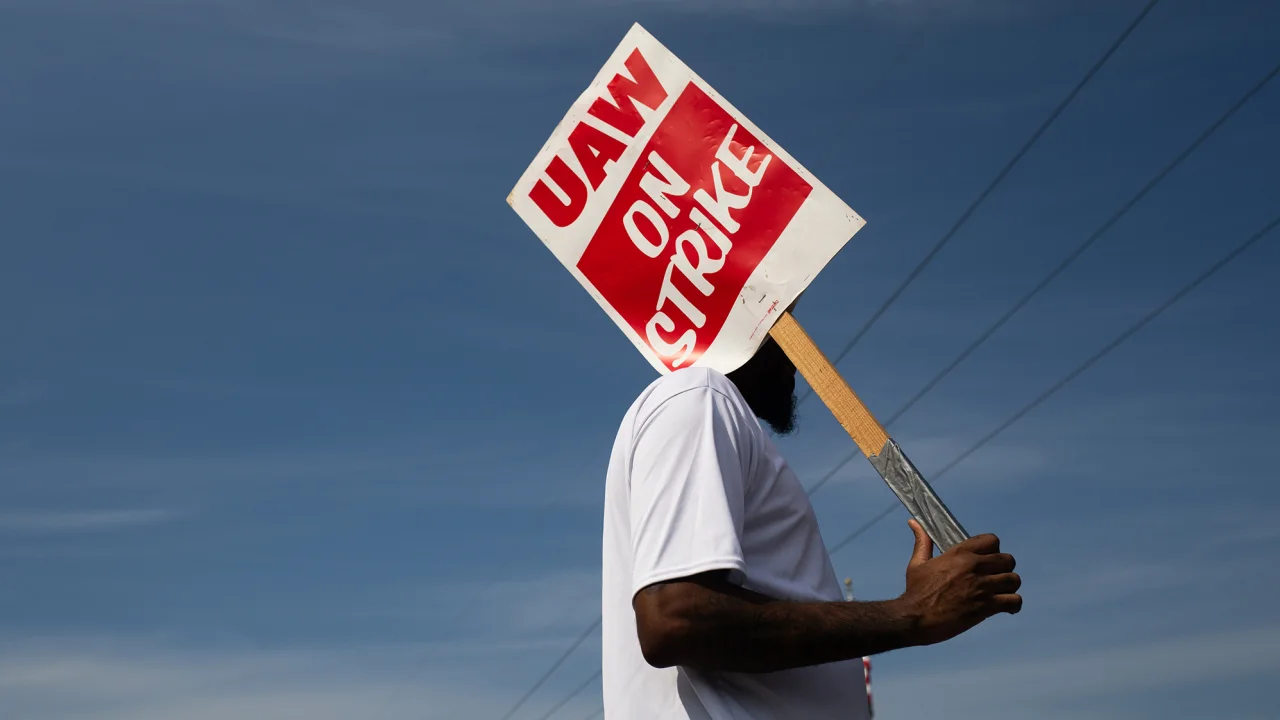Auto industry will have an outsized impact on Black America

Black workers have long relied on union auto jobs as a crucial route to financial stability in America. Black people forced open the auto industry plant by plant and gained seniority, which allowed them to break into higher-paying jobs they had previously been denied. There are more than twice as many Black workers in the auto industry today as there are in the general workforce.
Nevertheless, Black workers have been hardest hit by the decline in US auto jobs and the erosion of unions. After the United Auto Workers union agreed to concessions in 2007 and 2009 as automakers were approaching bankruptcy and federal bailouts, autowork has become little more than a wage job.
Against Detroit’s Big Three, the UAW strike for better wages, benefits, and job protections began Sept. 15. Car manufacturers are switching to electric vehicles, which may require less labor, and they are opening plants in union-hostile and lower-wage South states. Black workers will be disproportionately affected by the outcome of a new UAW contract and the future of the industry.
There are a lot of Black people who rely on this industry for their livelihood. Currently, it’s failing us,” said striker Tiffanie Simmons, 38, who works at a Ford assembly plant in Wayne, Michigan. As a Black Detroiter, the auto industry was the only place where you could make a decent living, said Simmons, whose father and brothers are also employed there.
The career no longer exists since concessions.”
